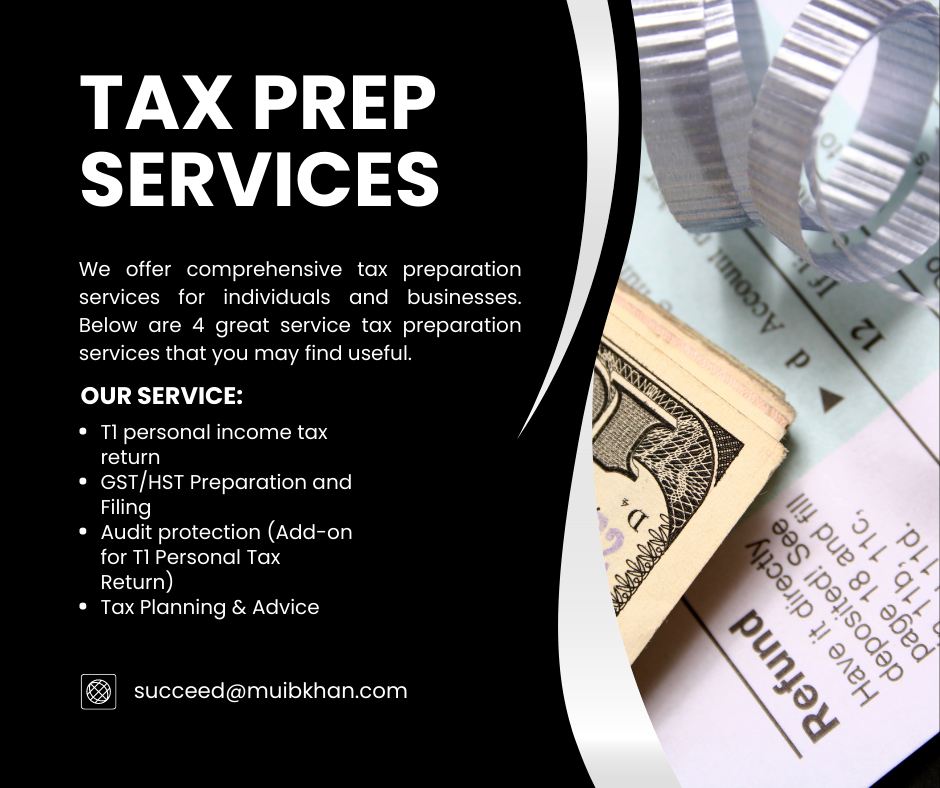Navigating Capital Gains Tax When Selling Your Home in Canada

Selling a home is a significant financial decision that can have implications for your tax obligations. If you're a homeowner in Ontario, Canada, it's essential to understand how capital gains tax can impact your finances when you decide to sell your property. In this blog post, we'll explore the basics of capital gains tax in Ontario and provide you with essential information to help you navigate this aspect of selling your home. We'll also address some valuable insights provided by our readers.
Understanding Capital Gains Tax
Capital gains tax is a tax imposed on the profit you earn from the sale of a capital asset, such as real estate. When you sell your home in Ontario, the difference between the sale price and your adjusted cost base (ACB) is considered your capital gain. ACB includes your original purchase price, closing costs, and any capital improvements you made to the property.
Primary Residence Exemption
The good news for many homeowners in Ontario is that the primary residence exemption often shields them from capital gains tax. This exemption means that if you are selling your primary residence, the profit from the sale is typically not subject to capital gains tax. To qualify for this exemption, you must meet certain criteria:
The property must be your primary residence.
You must have owned and lived in the property as your primary residence for a minimum of one year.
There is no limit to the value of your property when it comes to claiming the exemption.
You can also claim a secondary residence as your principal residence if you have not already used your principal residence exemption for the years you are electing, and it does not have to be your primary residence. You can pick which property it's more advantageous to use the exemption on. Moreover, you can split some years as one property and other years as another, allowing for greater flexibility in tax planning.
Secondary Properties and Capital Gains Tax
If you're selling a property that is not your primary residence, such as a second home or an investment property, you may be subject to capital gains tax. In such cases, 50% of your capital gain is taxable. It's important to understand that capital gains tax is not based on your gross profit but rather on the profit after adjusting for expenses and improvements.
Minimizing Capital Gains Tax
There are strategies to minimize your capital gains tax liability, such as:
Keeping records: Maintain records of all costs related to the property, including home improvements, to reduce your capital gain.
Consider tax planning: Consult with a tax professional to explore strategies like tax deferral through a spousal transfer or family trust.
Conclusion
Selling your home can be an exciting yet complex process, and understanding the implications of capital gains tax in Ontario is crucial. While many homeowners are exempt from this tax when selling their primary residence, it's essential to keep accurate records and consider potential strategies to minimize your tax liability. Seeking advice from a qualified tax professional or accountant can be incredibly beneficial during this process, ensuring that you make the most of the tax exemptions and deductions available to you. By staying informed and seeking professional guidance, you can confidently navigate the world of capital gains tax when selling your home in Ontario, Canada, while taking advantage of the flexibility offered by the tax rules.
